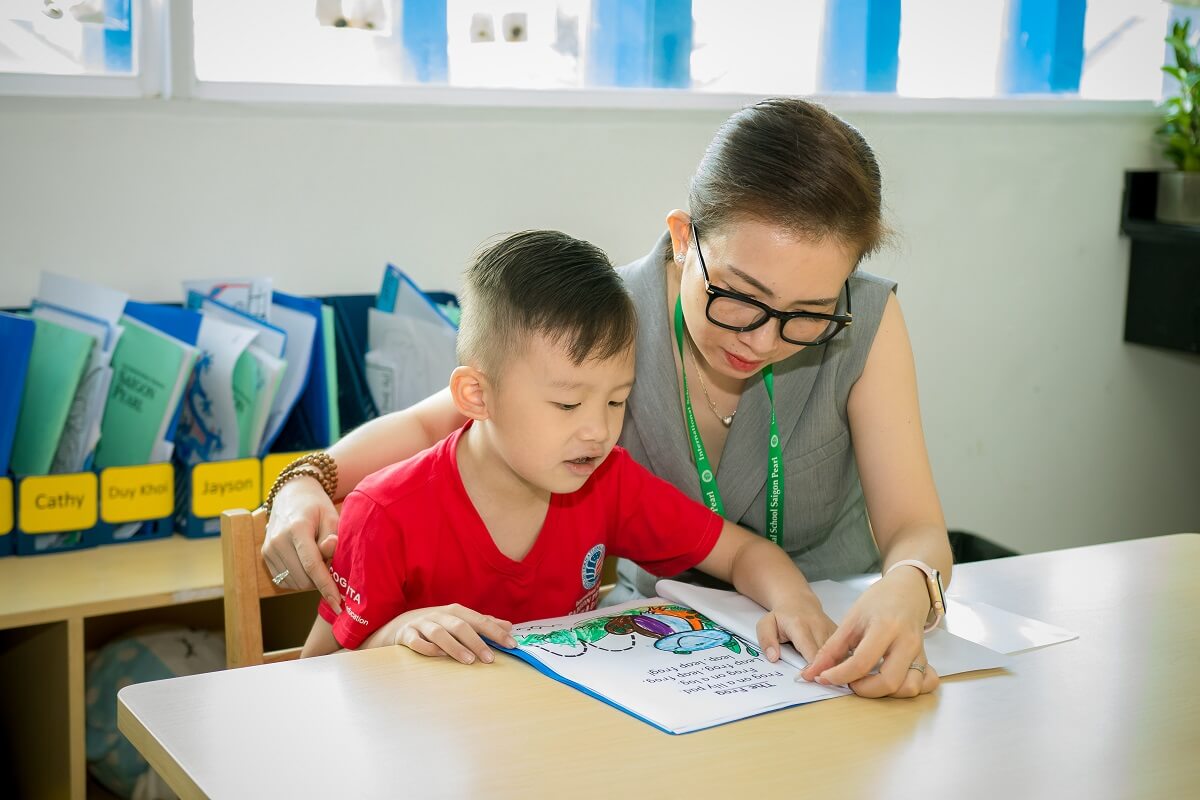Research has indicated how parental commitment is helpful for all students regardless of their socioeconomic status. Those with actively involved parents are bound to get higher grades, take on more significant level projects, go to class consistently, develop better social skills, show improved conduct, and graduate and go on to higher education.
But what about students who speak English as a second language (ESL)? One of the central difficulties for schools and parents of ESL students begins with just speaking with one another. While schools may feel disappointed that they can’t convey the desired information to guardians, parents might be just as baffled that they can’t discuss effectively with the school and their kid’s instructors. It’s a fact that parents will always want to know what is going on in their child’s life, to varying degrees.
As students develop their ESL skills, they are building up the competitive advantage of being bilingual. But, if instructors don’t speak students’ home language, parent-teach interactions quickly become a test in communication. Parents can address this challenge by utilizing clear language and speaking slowly, and initiating conversations on reviewing, testing and report cards while utilizing school or even third-party assets to help with translation if needed.
This way, parents can receive the entirety of the school’s planning and other significant information in their local tongue, not just English.
Some incorrectly assume that students utilizing the family’s local language does them a disservice since they truly need to learn English. However, studies have shown that solid local language abilities really bolster the scholastic achievement of an ESL student. And when parents are able to fully comprehend information from their child’s school, they can all the more successfully improve their child’s retention of it.
Getting engaged in school exercises is another successful method for supporting ESL children and creating a deeper connection with their school. While any parent is expected to monitor their child’s schoolwork, they can also visit or even speak to the child’s class as a form of learning activity. Chipping in at the cafeteria, the school office, library or any place where there is a need is another idea. Involving parents in school activities is the best way to help them realize they have an active role in their child’s learning.
However, parents of ESL Students may feel threatened by or incapable of helping their child with their schoolwork, especially if the parents’ education or English language skills are also limited. Luckily, schools share ideas on how to support ESL students, such as requesting that the children inform their parents of each day’s school activities, and offering to keep teachers in regular contact with the parents for additional support if needed.
There are many more ways in which ISSP, in particular, is able to assist with parents of ESL students. If you’d like to learn more about this, please contact our admissions team for further assistance.







